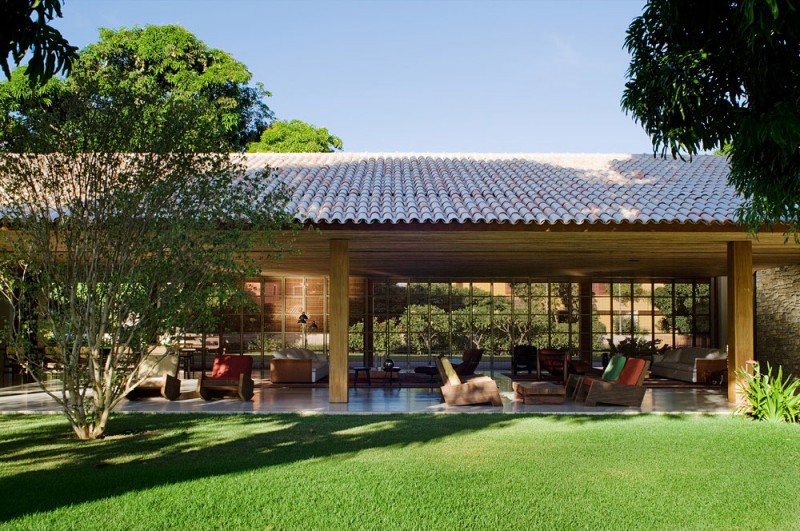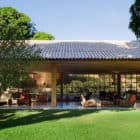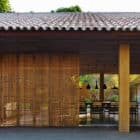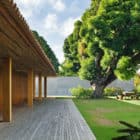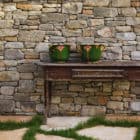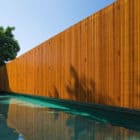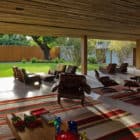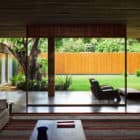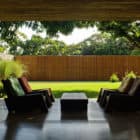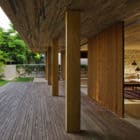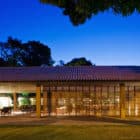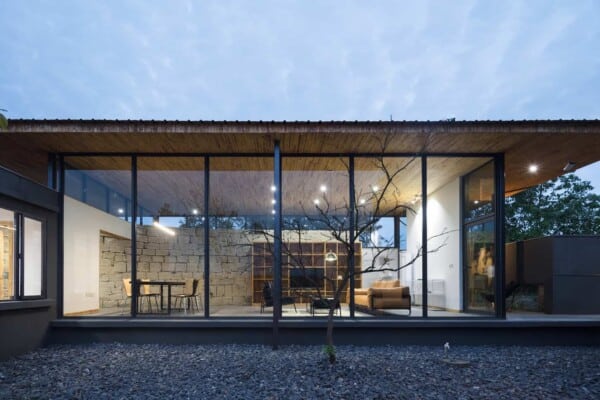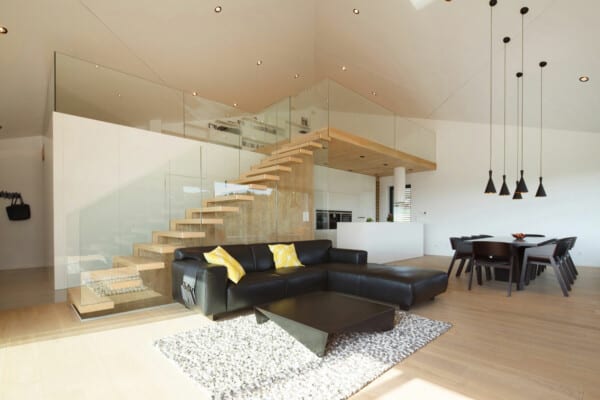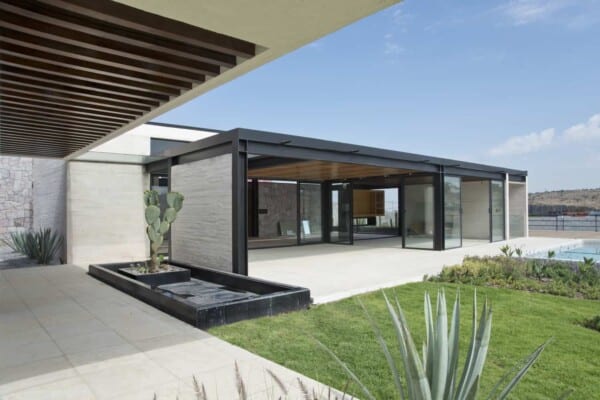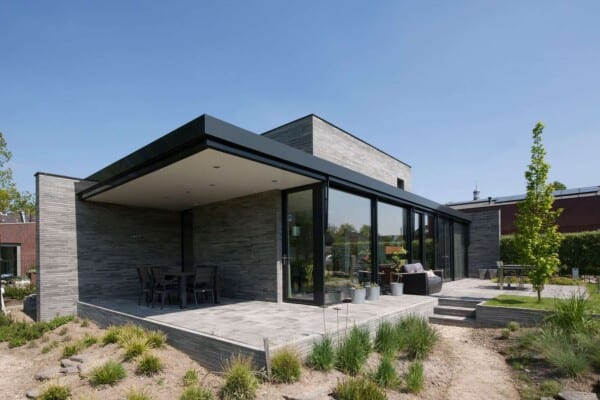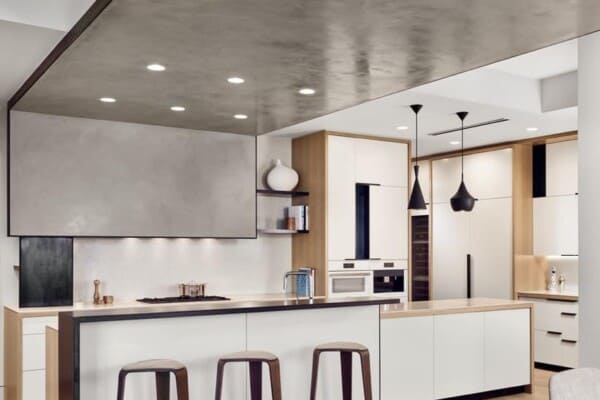Brazilian architect Marcio Kogan and his architecture firm Studio MK27 have designed the Bahia House, a single story home located in Salvador, the largest city on the northeast coast of Brazil.
Bahia House by Marcio Kogan:
“The Bahia House is an ecological house. But, not in the technological sense, not in the contemporary sense of the word “sustainability”, it does not have the very latest state-of-the-art gadgets that make it possible to optimize electric expenditure. The organization of the floor plan and the use of materials come close to those of traditional architecture.
The Bahia House makes use of the old popular knowledge that has been reinvented and incorporated throughout the history of Brazilian architecture. The house was considered for where it is, for the climate of where it is, for Bahia. And, for this no “green” software was used, no equipment and no calculations were made.
The builders of bahian traditional houses have long-known how to keep interiors cool even with a blazing sun of more than 40ºC, long before the corbusian ideas had been tropicalized or even before Sir Norman Foster had given a precise, technological and scientific dimension to sustainable architecture.
These bahian houses have roofs of clay, a banal material made in a rustic manner, and wooden ceilings. The openings have large panels of wooden Mashrabiyas brought to Brazil by the Portuguese colonial architecture since the first centuries of its occupation of the American territories, and its origin is of an Arabian cultural influence.
These wooden panels provide vast comfort to the interior. The traditional bahian house uses the northeastern wind blowing in from the sea to organize the floor plan and has cross ventilation in its principal spaces, always making the interior cool and airy.
The Bahia House uses all these elements that are traditional to Brazilian houses. These adjustments of the Portuguese house to a tropical climate were always studied and applied by modernism in Brazil. The result in this case is a very pleasant house, where the interior protects from the hot and sunny climate outdoors.
The floor plan is entirely organized around a central patio, making the cross ventilation in all the spaces possible and a view that looks in, to a grassed garden and two exuberant mango trees. The Bahia House privileges the environmental comfort of its dwellers but does not make use of the “most modern technology” for this.”
Photos by: Nelson Kon

